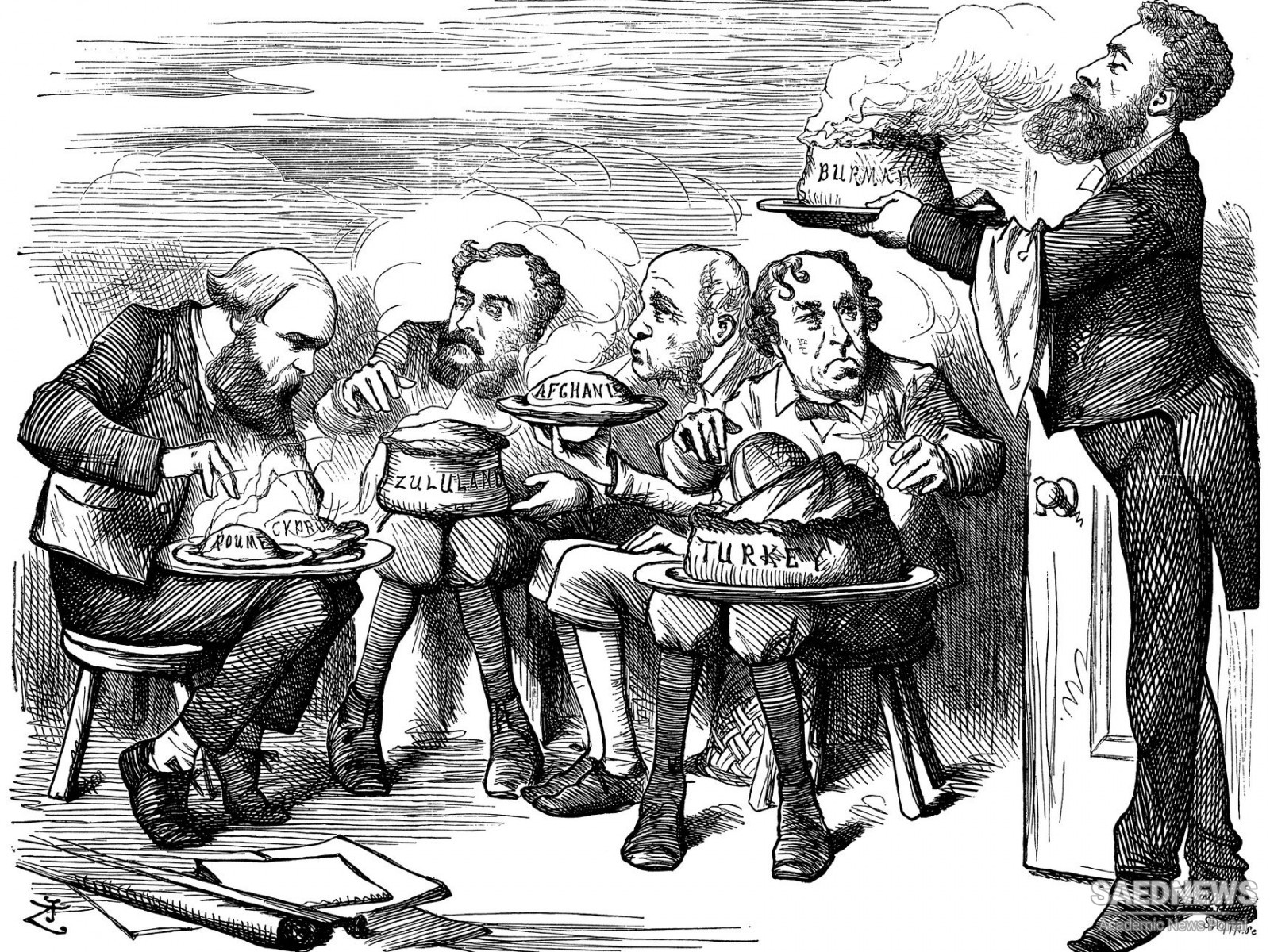Imperialism, state policy, practice, or advocacy of extending power and dominion, especially by direct territorial acquisition or by gaining political and economic control of other areas. Because it always involves the use of power, whether military or economic or some subtler form, imperialism has often been considered morally reprehensible, and the term is frequently employed in international propaganda to denounce and discredit an opponent’s foreign policy.Imperialism in ancient times is clear in the history of China and in the history of western Asia and the Mediterranean—an unending succession of empires. The tyrannical empire of the Assyrians was replaced (6th–4th century BCE) by that of the Persians, in strong contrast to the Assyrian in its liberal treatment of subjected peoples, assuring it long duration. It eventually gave way to the imperialism of Greece. When Greek imperialism reached an apex under Alexander the Great (356–323 BCE), a union of the eastern Mediterranean with western Asia was achieved. But the cosmopolis, in which all citizens of the world would live harmoniously together in equality, remained a dream of Alexander. It was partially realized when the Romans built their empire from Britain to Egypt.This idea of empire as a unifying force was never again realized after the fall of Rome. The nations arising from the ashes of the Roman Empire in Europe, and in Asia on the common basis of Islamic civilization, pursued their individual imperialist policies. Imperialism became a divisive force among the peoples of the world (Source: Britanica).


 Imam Khomeini the Founding Father of Islamic Revolution of Iran
Imam Khomeini the Founding Father of Islamic Revolution of Iran














































